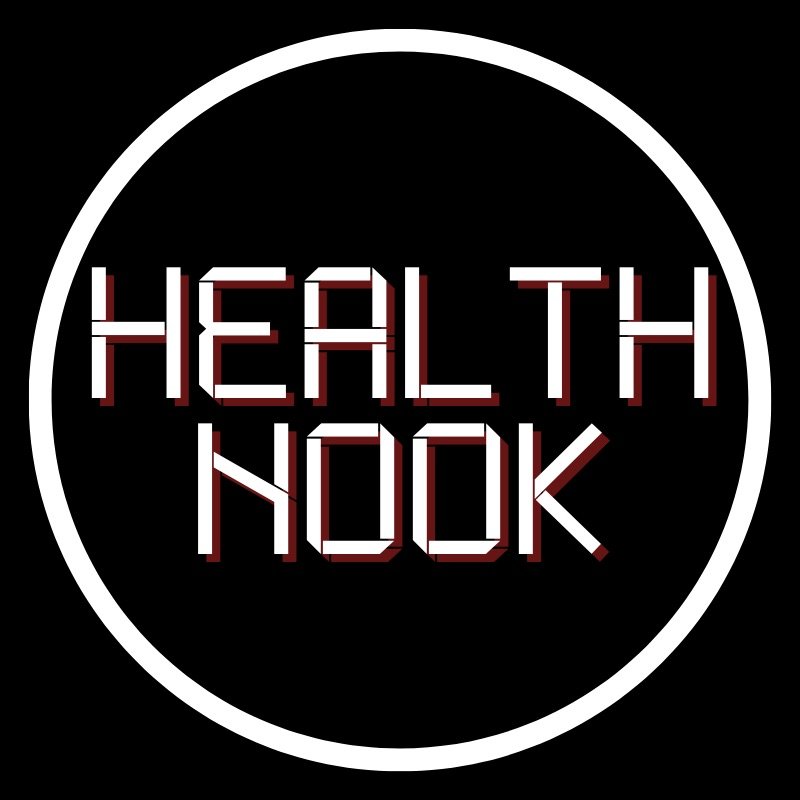Young people around the world are increasingly demanding to be taken seriously when it comes to critical issues concerning their health and well-being. Uluk Batyrgaliev, a 25-year-old activist from Kyrgyzstan, expresses frustration with the tokenism often directed towards young people. He believes that their perspectives and potential are still underestimated due to their age and perceived lack of experience. This can lead to policies, programs, and services not adequately reflecting the realities, needs, and expectations of young people.
In response to this need for genuine youth engagement, WHO/Europe launched its Youth4Health initiative in 2021. Dr. Hans Henri P. Kluge, WHO Regional Director for Europe, established the initiative to provide a platform for young people to influence and participate in WHO/Europe’s work and health decision-making processes. From engaging with policy-makers to advocacy campaigns and expert groups, the initiative aims to empower young activists like Uluk to become meaningful voices in political debates.
The importance of engaging young people in health decision-making cannot be overstated. With the world currently experiencing the largest generation of young people in history, every third person in the WHO European Region is under 30. This demographic group faces unique challenges in today’s complex health landscape, from conflicts disrupting core health services to a growing mental health crisis. Co-designing solutions with youth is crucial for the success of health policies and programs.
Hilaire Armstrong, a technical officer at WHO/Europe supporting the Youth4Health initiative, emphasizes the value of young people’s perspectives. She believes that young people understand the resources and needs of their peers and communities best, making their input essential for strengthening WHO’s work. By actively involving young people in decision-making processes, trust can be built at all levels of society, empowering a new generation of health leaders like Uzay Macar from Turkey.
Formalizing its commitment to youth engagement, WHO/Europe held its first Youth Forum in Tirana, Albania in 2022. At the forum, youth activists and organizations adopted the Tirana Statement, outlining 10 commitments to increase meaningful engagement and improve youth health and well-being. This led to the establishment of the Youth4Health network in 2023, which now includes 34 youth organizations and 175 individual representatives from 36 countries across the Region.
The Youth4Health network goes beyond mere consultation, offering members opportunities to learn about WHO’s work, build connections, and participate in advocacy campaigns and the development of publications. By integrating youth perspectives into its planning, WHO/Europe ensures that young people’s voices are heard in high-level health decision-making processes and events.
Through the Youth4Health initiative, WHO/Europe has achieved significant milestones in collaboration with young people. From developing tools for emergency preparedness to advocating for climate action and addressing the adverse effects of alcohol, young activists have played a crucial role in shaping health policies and programs. By empowering young professionals to lead events and initiatives, WHO/Europe is paving the way for a more inclusive and effective approach to public health.
Looking ahead, WHO/Europe continues to expand youth engagement and encourages Member States to bring youth delegates as part of their official delegation to key decision-making sessions. Individual youth activists and organizations residing in the European Region can apply to join the Youth4Health network to benefit from upcoming opportunities to engage with WHO/Europe. By amplifying the voices of young people and fostering meaningful partnerships, WHO/Europe is paving the way for a healthier and more inclusive future for all.
